Charles won’t be prince charming if he keeps on meddling, say British ministers
British ministers fear Prince Charles will plunge the country into a constitutional crisis if he continues to meddle in government business when he becomes king.
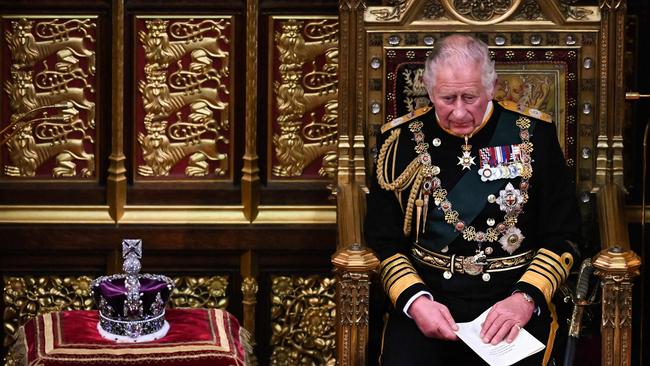
British cabinet ministers have fired a warning shot at Prince Charles, who they fear will plunge the country into a constitutional crisis if he continues to meddle in government business when he becomes king.
Clarence House issued a statement on Saturday insisting Prince Charles would remain “politically neutral” as monarch, despite reports he had branded the UK government’s policy of sending asylum seekers to Rwanda “appalling”. His alleged comment followed a High Court ruling in favour of the policy. The first such flight to the east African country is scheduled for Tuesday.
The Times reported that Charles had been heard expressing opposition to the policy several times in private, and that he was “more than disappointed” by it. Cabinet ministers are concerned by reports from courtiers that Charles wants to be more forward in stating his views.
A rift is said to have developed between Charles and Boris Johnson because of the UK prime minister’s “disrespectful” behaviour during the men’s first meeting.
One senior cabinet minister said: “Prince Charles is an adornment to our public life, but that will cease to be charming if he attempts to behave the same way when he is king. That will present serious constitutional issues.
“A lot of his views on architecture and horticulture are interesting, and I would always be willing to listen to them privately. But that’s very different from him making public interventions as monarch. The Queen’s genius is that most of us have no idea what she thinks.”
Another cabinet minister said: “His mother has set the gold standard, and that’s the standard that he will have to live up to when his time comes. While this kind of intervention will be tolerated while he is the Prince of Wales, the same will not be true when he becomes king.”
The Queen did make coded comments about the Scottish independence referendum in 2014, which courtiers encouraged the media to interpret as support for the Union, but that was a constitutional question in which the crown might have a legitimate interest. Charles’s denunciation of fresh government policy on immigration is seen by ministers as a different matter.
Another cabinet minister said: “The trouble with Charles is that he thinks he needs to be interesting and he thinks people are interested in what he thinks. He seems to have misunderstood the role.”
A fourth cabinet minister said the royals, including Charles, should stick to making positive comments about things they were enthusiastic about but that should not extend to negative comments “about more innovative policy”.
They added: “My experience of the royal family is that they are very interested in making sure that young people can get on and prosper. That’s very helpful. I’d be very surprised if he started doing anything more than that as king.”
Charles and the prime minister are due to visit Rwanda next week for the Commonwealth heads of government conference (CHOGM), making the timing of his comments more incendiary.
A royal source insisted the prince’s reported remarks were “categorically not” a criticism of President Kagame’s policy. “They have a very good relationship.”
The first flight scheduled to take migrants to Rwanda can go ahead as planned on Tuesday, the High Court ruled on Friday. Campaigners lost an emergency application for an injunction calling for all flights to be grounded until the High Court had decided whether the plan was lawful.
As head of state, the Queen has to remain strictly neutral on political matters and does not vote in elections.
However, Charles has been outspoken in the past and faced criticism over his involvement in public and political issues.
In 2015 the prince felt obliged to defend his decision to write a number of letters to ministers, often known as the “black spider” memos because of his distinctive handwriting.
At the time Clarence House said the letters – on matters including a lack of resources for British armed forces in Iraq, the benefits of complementary medicine and the need for affordable rural homes – showed “the range of the Prince of Wales’s concerns and interests for this country and the wider world”.
In the same year there was controversy when it emerged Charles had been routinely receiving copies of confidential cabinet papers for more than 20 years.
In a BBC documentary to mark his 70th birthday in 2018 Charles said he would stop speaking out on issues when he became king. He accepted that some people saw it as “meddling” and insisted he would desist as monarch, saying he was “not that stupid”.
The prince acknowledged he would not be “able to do the same things I’ve done as heir”, and as monarch would have to operate within “constitutional parameters”.
The former BBC royal correspondent Peter Hunt said there was a risk of “an opinionated prince morphing into a meddlesome king”.
Writing in The Spectator, Hunt said that in the latest instance regarding Rwanda, despite the statement from Clarence House, Charles had not been neutral in making the reported comments.
Hunt added: “A man teetering on the edge of inheriting a unifying role as head of the nation has entered a divisive debate very firmly on the side of Boris Johnson’s opponents.
“One day those occupying the roles of prime minister and home secretary will be devising immigration policy as members of His Majesty’s government.”
His fellow royal commentator Jennie Bond praised Charles for speaking up, albeit privately. She told GB News: “He’s not the monarch – he is the Prince of Wales – and I for one woke up this morning and saw those headlines and thought, ‘Good for you, Charles. That’s just great. You’ve come out and you’ve said what you think.’”
She added that, given the reports that Charles had made the comments several times, “he probably wasn’t averse to his views being aired publicly” and “probably knew it would get out”.
Difficulties between Charles and the prime minister are said to date back to Johnson’s time as foreign secretary. Johnson is notoriously relaxed about punctuality, often keeping people waiting for meetings and then being dismissive about the delay.
Charles cannot abide lateness. According to witnesses it was an awkward experience when the pair met for the first time at Balmoral in 2019. Johnson is said to have arrived in a “shambolic state” and was “clearly not focused” on the meeting.
While Charles remained “sphynx-like” throughout the encounter, the courtiers concluded that the prime minister – who had been in office for a matter of weeks – had displayed “disrespectful” behaviour.
The Times

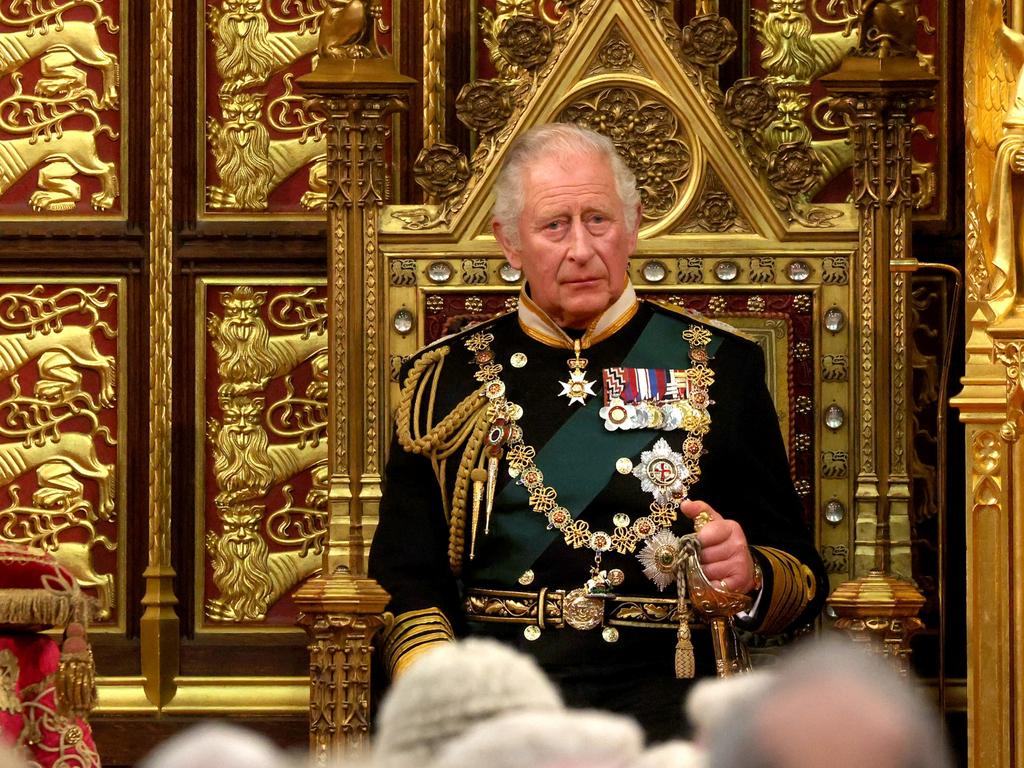
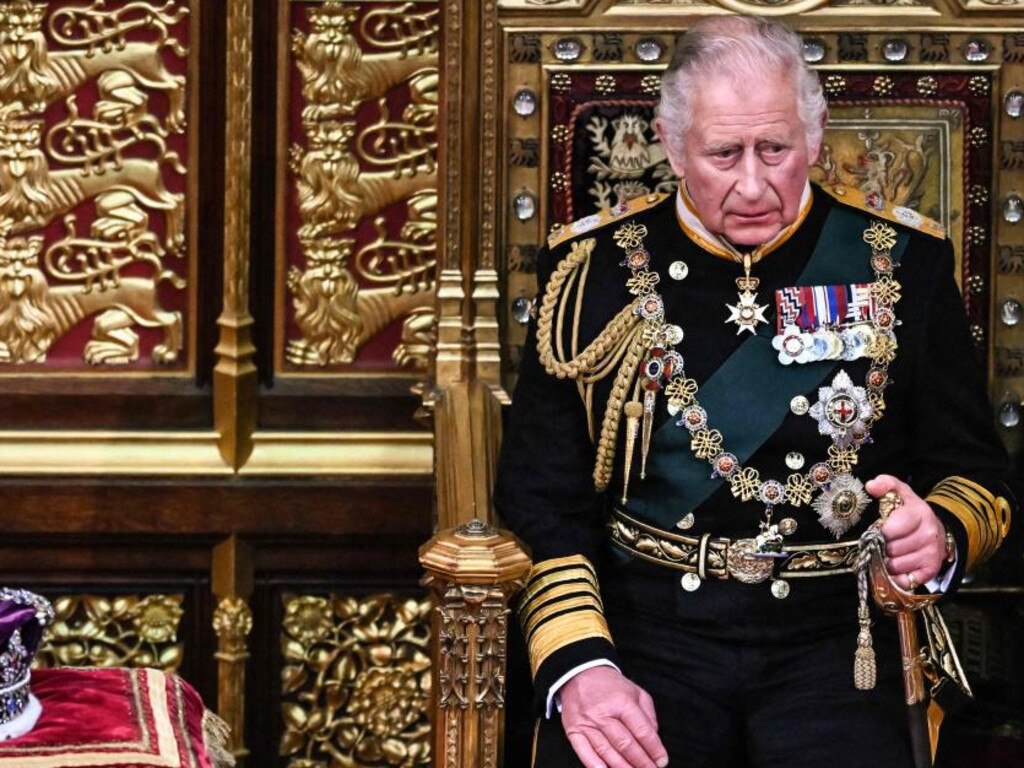
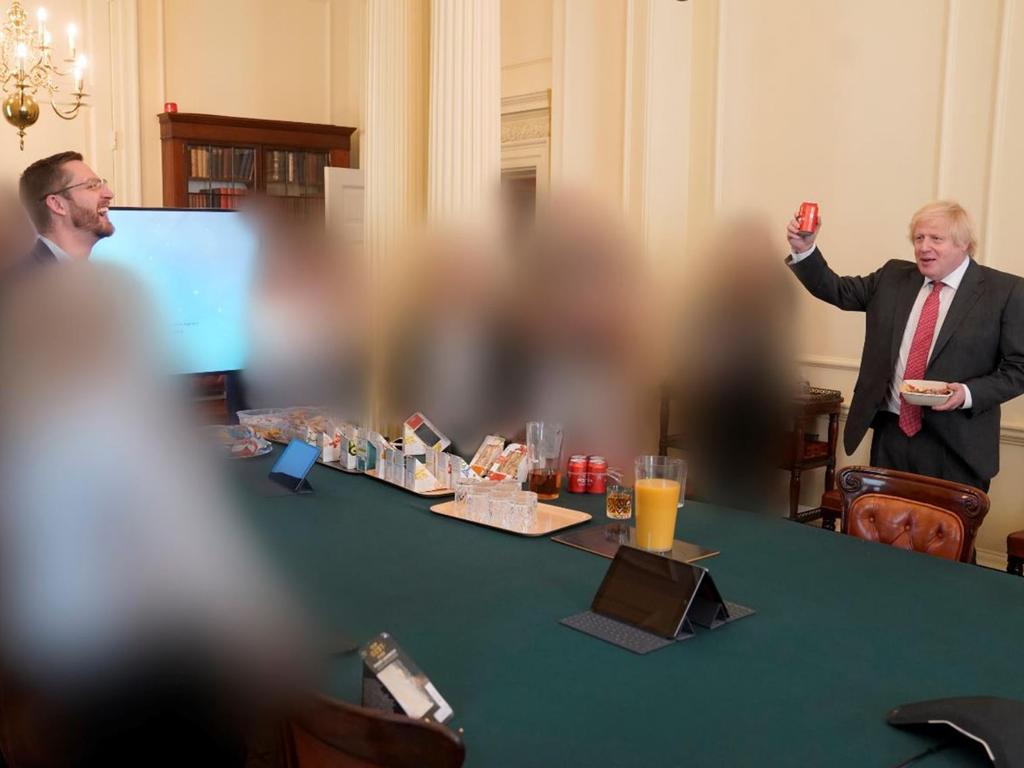
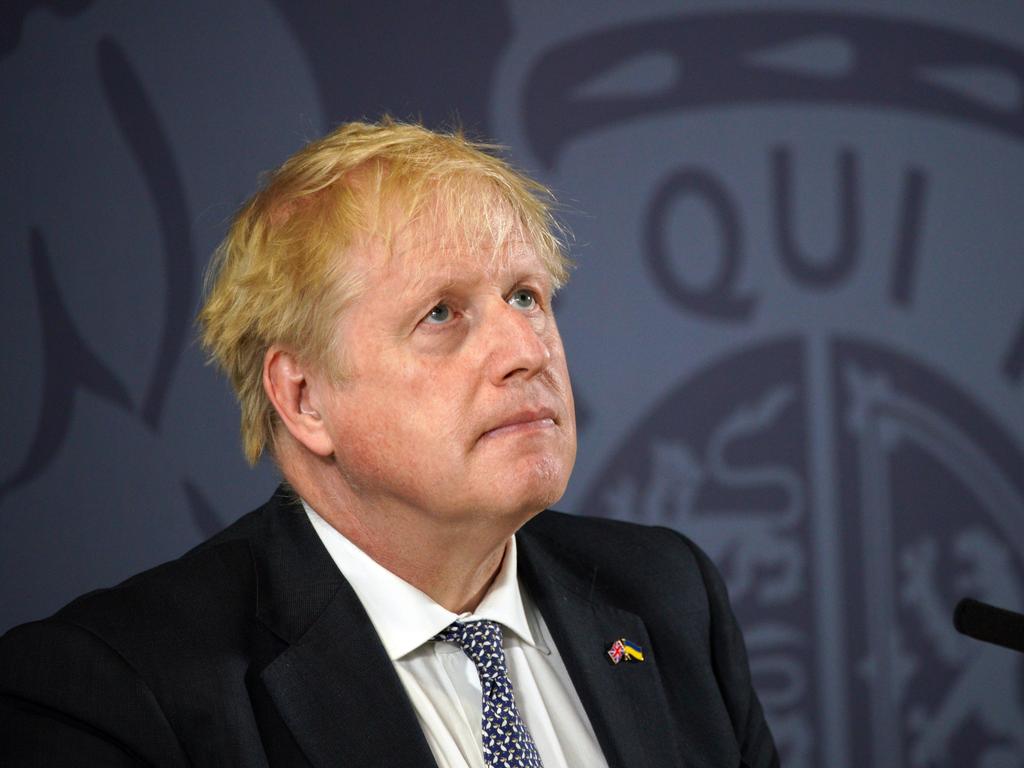


To join the conversation, please log in. Don't have an account? Register
Join the conversation, you are commenting as Logout